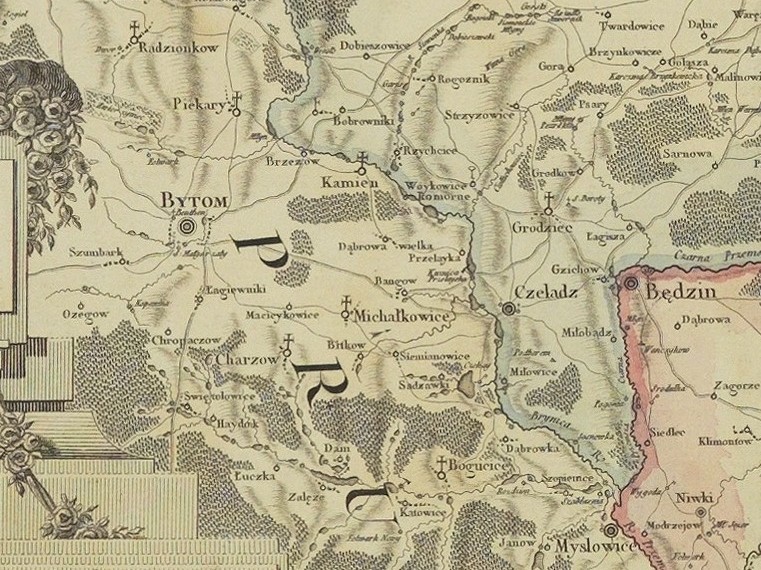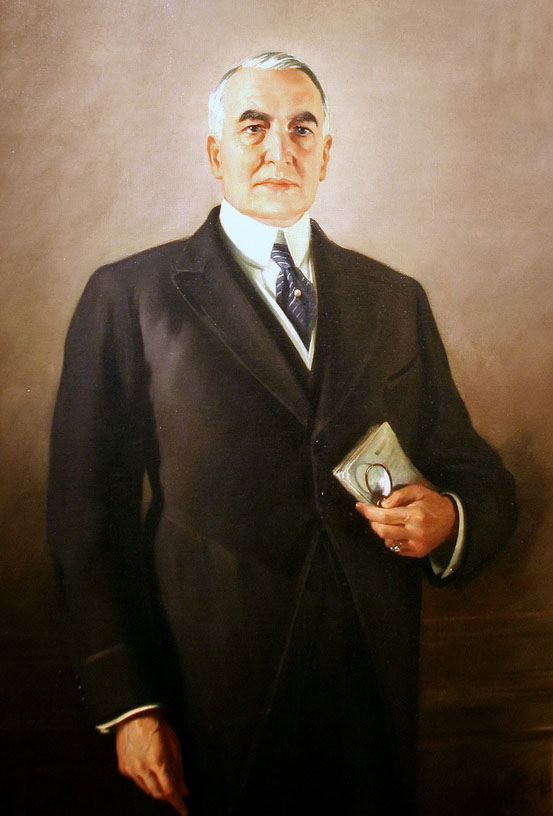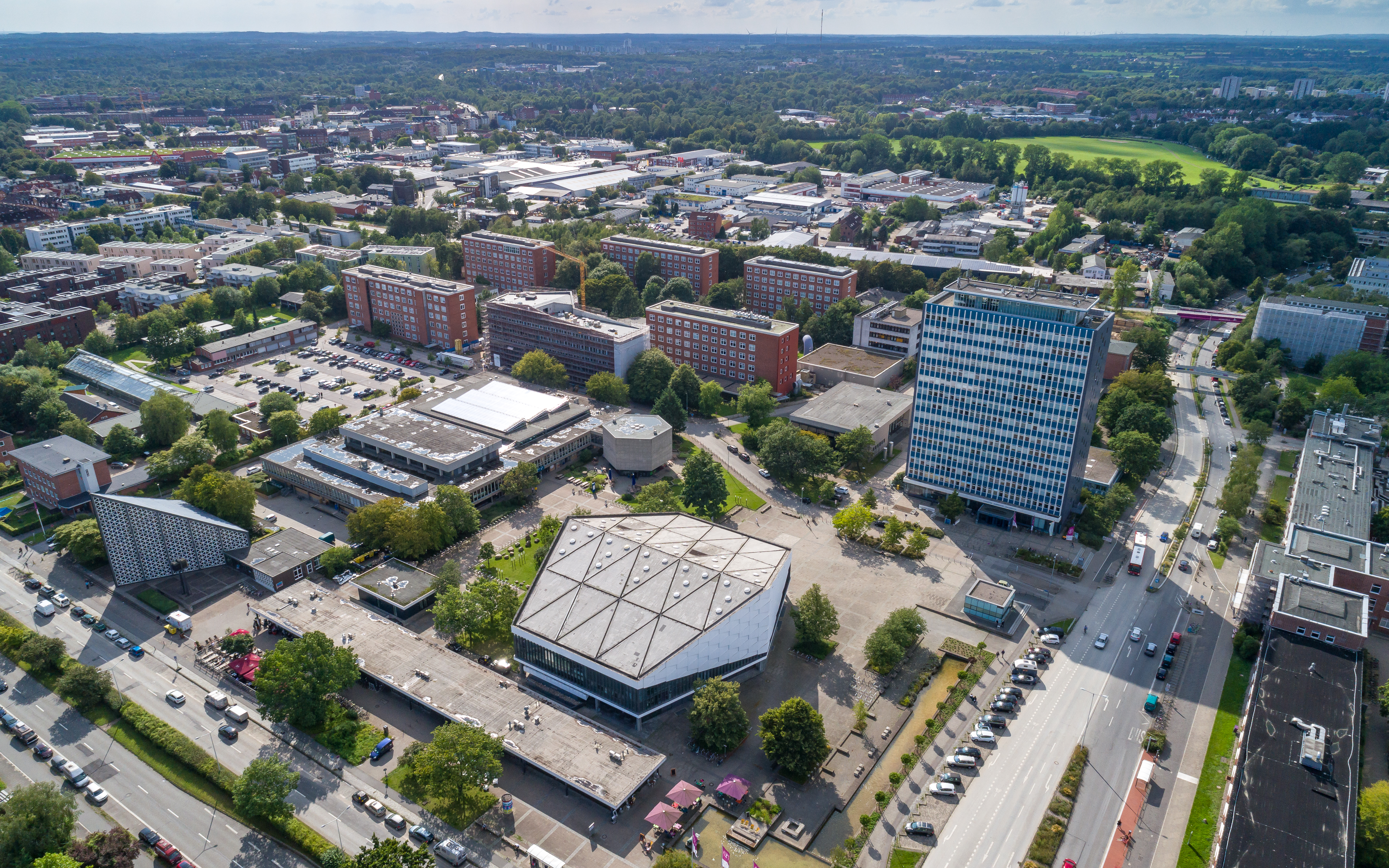|
Ernst Rabel
Ernst Rabel (January 28, 1874 – September 7, 1955) was an Austrian-born scholar of Roman law, German private law, and comparative law, who, as the founding director of the Kaiser Wilhelm Institute for Foreign and International Private Law, in Berlin, achieved international recognition in the period between the World Wars, before being forced into retirement under the Nazi regime, and emigrating to the United States, in 1939. In the field of comparative law his methodological perspectives, particularly as articulated and disseminated by his students, including , , and Max Rheinstein, were influential in the development of the "functional" or "function/context" methodology that became standard in Europe, the United States, and elsewhere in the world, in the post-World War II era. His work in Germany in the 1930s in the area of the law of the sale of goods provided a model for later postwar efforts to develop a uniform world-wide sales law.van der Velden, F. J. A. (1983).The Law ... [...More Info...] [...Related Items...] OR: [Wikipedia] [Google] [Baidu] |
Vienna
Vienna ( ; ; ) is the capital city, capital, List of largest cities in Austria, most populous city, and one of Federal states of Austria, nine federal states of Austria. It is Austria's primate city, with just over two million inhabitants. Its larger metropolitan area has a population of nearly 2.9 million, representing nearly one-third of the country's population. Vienna is the Culture of Austria, cultural, Economy of Austria, economic, and Politics of Austria, political center of the country, the List of cities in the European Union by population within city limits, fifth-largest city by population in the European Union, and the most-populous of the List of cities and towns on the river Danube, cities on the river Danube. The city lies on the eastern edge of the Vienna Woods (''Wienerwald''), the northeasternmost foothills of the Alps, that separate Vienna from the more western parts of Austria, at the transition to the Pannonian Basin. It sits on the Danube, and is ... [...More Info...] [...Related Items...] OR: [Wikipedia] [Google] [Baidu] |
Leipzig University
Leipzig University (), in Leipzig in Saxony, Germany, is one of the world's oldest universities and the second-oldest university (by consecutive years of existence) in Germany. The university was founded on 2 December 1409 by Frederick I, Elector of Saxony and his brother William II, Margrave of Meissen, and originally comprised the four scholastic faculties. Since its inception, the university has engaged in teaching and research for over 600 years without interruption. Famous alumni include Angela Merkel, Gottfried Wilhelm von Leibniz, Johann Wolfgang von Goethe, Leopold von Ranke, Friedrich Nietzsche, Robert Schumann, Richard Wagner, Tycho Brahe, Georgius Agricola. The university is associated with ten Nobel laureates, most recently with Svante Pääbo who won the Nobel Prize for Medicine in 2022. History Founding and development until 1900 The university was modelled on the University of Prague, from which the German-speaking faculty members withdrew to Leipzig ... [...More Info...] [...Related Items...] OR: [Wikipedia] [Google] [Baidu] |
UNIDROIT
UNIDROIT (formally, the International Institute for the Unification of Private Law; French: ''Institut international pour l'unification du droit privé'') is an intergovernmental organization whose objective is to harmonize private international law across countries through uniform rules, international conventions, and the production of model laws, sets of principles, guides and guidelines. Established in 1926 as part of the League of Nations, it was reestablished in 1940 following the League's dissolution through a multilateral agreement, the UNIDROIT Statute. As of 2023 UNIDROIT has 65 member states. UNIDROIT has prepared multiple conventions (treaties), but has also developed soft law instruments. An example are the UNIDROIT Principles of International Commercial Contracts. Distinctly different from the Convention on the International Sale of Goods (CISG) adopted by UNCITRAL, the UNIDROIT Principles do not apply as a matter of law, but only when chosen by the parties ... [...More Info...] [...Related Items...] OR: [Wikipedia] [Google] [Baidu] |
Chorzów
Chorzów ( ; ; ) is a city in the Silesia region of southern Poland, near Katowice. Chorzów is one of the central cities of the Metropolis GZM – a metropolis with a population of 2 million. It is located in the Silesian Highlands, on the Rawa River (a tributary of the Vistula River, Vistula). Administratively, Chorzów is in the Silesian Voivodeship since 1999, previously Katowice Voivodeship, and before then, the Silesian Voivodeship (1920–1939), Silesian Voivodeship. Chorzów is one of the cities of the 2.7 million conurbation – the Katowice urban area and within a greater Katowice-Ostrava metropolitan area with a population of about 5,294,000 people. The population within the city limits is 105,628 as of December 2021. Chorzów is particularly known as the location of the Silesian Stadium, one of the largest and historically most important stadiums in Poland. Ruch Chorzów, one of the most accomplished Polish football clubs, is based in the city. History City name The ... [...More Info...] [...Related Items...] OR: [Wikipedia] [Google] [Baidu] |
Permanent Court Of International Justice
The Permanent Court of International Justice, often called the World Court, existed from 1922 to 1946. It was an international court attached to the League of Nations. Created in 1920 (although the idea of an international court was several centuries old), the court was initially well-received from states and academics alike, with many cases submitted to it for its first decade of operation. Between 1922 and 1940 the court heard a total of 29 cases and delivered 27 separate advisory opinions. With the heightened international tension in the 1930s, the court became less used. By a resolution from the League of Nations on 18 April 1946, both the court and the league ceased to exist and were replaced by the International Court of Justice and the United Nations. The court's mandatory jurisdiction came from three sources: the Optional Clause of the League of Nations, general international conventions and special bipartite international treaties. Cases could also be submitted directly ... [...More Info...] [...Related Items...] OR: [Wikipedia] [Google] [Baidu] |
German Empire
The German Empire (),; ; World Book, Inc. ''The World Book dictionary, Volume 1''. World Book, Inc., 2003. p. 572. States that Deutsches Reich translates as "German Realm" and was a former official name of Germany. also referred to as Imperial Germany, the Second Reich or simply Germany, was the period of the German Reich; . from the unification of Germany in 1871 until the German revolution of 1918–1919, November Revolution in 1918, when the German Reich changed its form of government from a monarchy to a Weimar Republic, republic. The German Empire consisted of States of the German Empire, 25 states, each with its own nobility: four constituent Monarchy, kingdoms, six Grand duchy, grand duchies, five Duchy, duchies (six before 1876), seven Principality, principalities, three Free imperial city, free Hanseatic League, Hanseatic City-state, cities, and Alsace–Lorraine, one imperial territory. While Prussia was one of four kingdoms in the realm, it contained about two-thirds ... [...More Info...] [...Related Items...] OR: [Wikipedia] [Google] [Baidu] |
Max Planck Society
The Max Planck Society for the Advancement of Science (; abbreviated MPG) is a formally independent non-governmental and non-profit association of German research institutes. Founded in 1911 as the Kaiser Wilhelm Society, it was renamed to the Max Planck Society in 1948 in honor of its former president, theoretical physicist Max Planck. The society is funded by the federal and state governments of Germany. Mission According to its primary goal, the Max Planck Society supports basic research, fundamental research in the natural science, natural, life science, life and social science, social sciences, the arts and humanities in its 84 (as of January 2024) institutes and research facilities. , the society has a total staff of 24,655 permanent employees, including 6,688 contractually employed scientists, 3,444 doctoral candidates, and 3,203 guest scientists. 44.9% of all employees are female and 57.2% of the scientists are foreign nationals. The society's budget for 2023 was about � ... [...More Info...] [...Related Items...] OR: [Wikipedia] [Google] [Baidu] |
Max Planck Institute For Comparative And International Private Law
The Max Planck Institute for Comparative and International Private Law (''Max-Planck-Institut für ausländisches und internationales Privatrecht'', MPIPRIV) is a legal research institute located in Hamburg, Germany. It is operated by the Max Planck Society. Founded in 1949, it is the successor institution of the Kaiser Wilhelm Institute for Foreign and International Private Law, which was founded in 1926. " Max Planck Institute for Comparative and International Private Law. Retrieved 15 September 2015. Since 1956 it has been based in Hamburg's district of . The institute is part of the research network |
Kaiser Wilhelm Society
The Kaiser Wilhelm Society for the Advancement of Science () was a German scientific institution established in the German Empire in 1911. Its functions were taken over by the Max Planck Society. The Kaiser Wilhelm Society was an umbrella organisation for many institutes, testing stations, and research units created under its authority. History Constitution The Kaiser Wilhelm Gesellschaft (KWG) was founded in 1911 as a research institution outside the university system in order to advance the interests of German state and capital through the development of scientific knowledge relevant to industrial and military application. The inaugural meeting was held on 11 January 1911. The constituent institutes were established in succession and placed under the guidance of prominent directors, whose ranks included the physicists and chemists Walther Bothe, Peter Debye, Albert Einstein, Fritz Haber and Otto Hahn; a board of trustees also provided guidance. Funding came from both bus ... [...More Info...] [...Related Items...] OR: [Wikipedia] [Google] [Baidu] |
University Of Munich
The Ludwig Maximilian University of Munich (simply University of Munich, LMU or LMU Munich; ) is a public university, public research university in Munich, Bavaria, Germany. Originally established as the University of Ingolstadt in 1472 by Duke Ludwig IX of Bavaria-Landshut, it is Germany's List of universities in Germany, sixth-oldest university in continuous operation. In 1800, the university was moved from Ingolstadt to Landshut by King Maximilian I Joseph of Bavaria when the city was threatened by the French, before being transferred to its present-day location in Munich in 1826 by King Ludwig I of Bavaria. In 1802, the university was officially named Ludwig-Maximilians-Universität by King Maximilian I of Bavaria in honor of himself and Ludwig IX. LMU is currently the second-largest university in Germany in terms of student population; in the 2023/24 winter semester, the university had a total of 52,972 matriculated students. Of these, 10,138 were freshmen, while internati ... [...More Info...] [...Related Items...] OR: [Wikipedia] [Google] [Baidu] |
University Of Göttingen
The University of Göttingen, officially the Georg August University of Göttingen (, commonly referred to as Georgia Augusta), is a Public university, public research university in the city of Göttingen, Lower Saxony, Germany. Founded in 1734 by George II of Great Britain, George II, King of Great Britain and Electorate of Hanover, Elector of Hanover, it began instruction in 1737 and is recognized as the oldest university in Lower Saxony. Recognized for its historic and traditional significance, the university has affiliations with 47 Nobel Prize winners by its own count. Previously backed by the German Universities Excellence Initiative, the University of Göttingen is a member of the U15 (German Universities), U15 Group of major German research universities, underscoring its strong research profile. It is also a part of prominent international and European academic networks such as Guild of European Research-Intensive Universities, The Guild, the ENLIGHT alliance, and the Hek ... [...More Info...] [...Related Items...] OR: [Wikipedia] [Google] [Baidu] |
University Of Kiel
Kiel University, officially the Christian Albrecht University of Kiel, (, abbreviated CAU, known informally as Christiana Albertina) is a public research university in the city of Kiel, Germany. It was founded in 1665 as the ''Academia Holsatorum Chiloniensis'' by Christian Albert, Duke of Holstein-Gottorp and has approximately 27,000 students today. It is the largest, oldest, and most prestigious university in the state of Schleswig-Holstein. Until 1866, it was not only the northernmost university in Germany but at the same time the 2nd largest university of Denmark. Faculty, alumni, and researchers of Kiel University have won 12 Nobel Prizes. Kiel University has been a member of the German Universities Excellence Initiative since 2006. The Cluster of Excellence The Future Ocean, which was established in cooperation with the GEOMAR Helmholtz Centre for Ocean Research Kiel in 2006, is internationally recognized. The second Cluster of Excellence "Inflammation at Interfaces" d ... [...More Info...] [...Related Items...] OR: [Wikipedia] [Google] [Baidu] |







